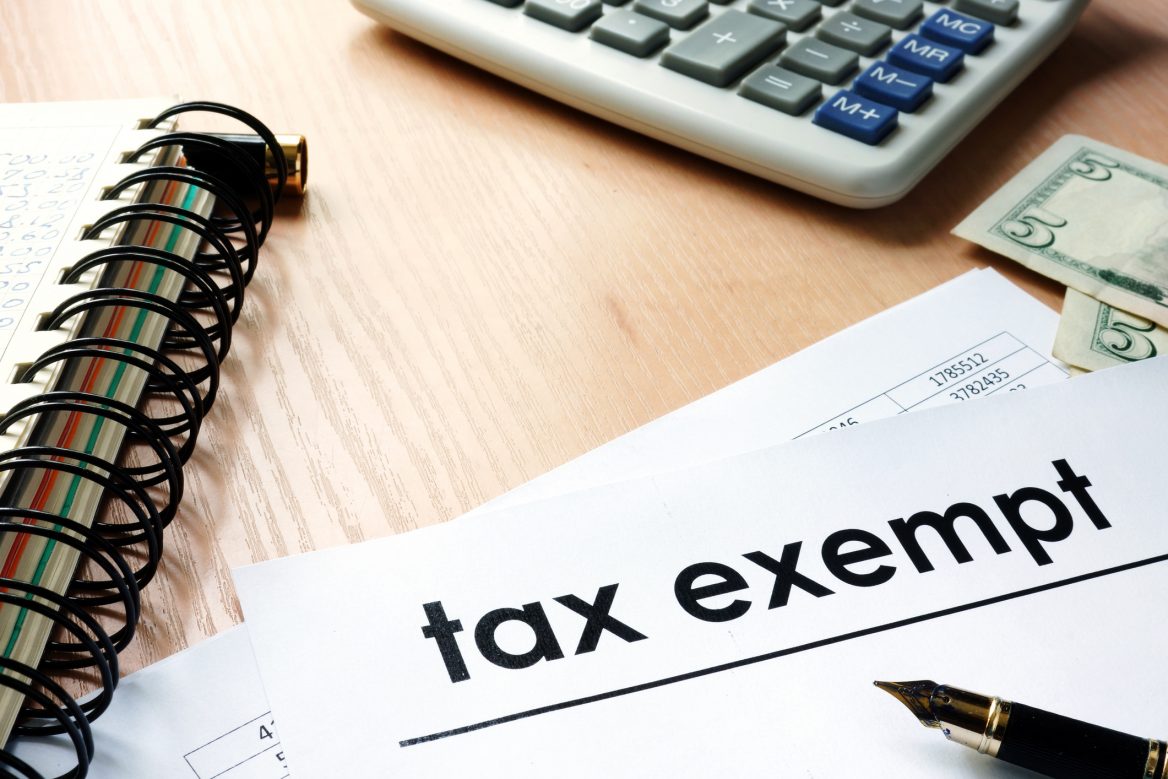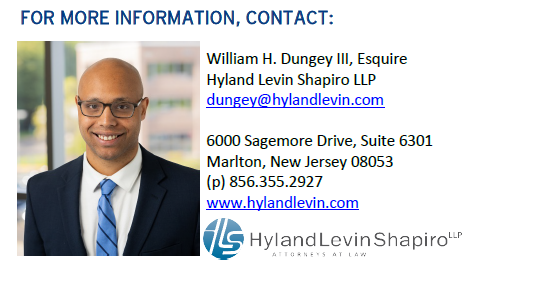New Jersey offers an exemption to the Non-Residential Development Fee (“NRDF”), sometimes called the COAH fee, it imposes on developers of non-residential property. The NRDF is (i) equal to two and one-half percent of the equalized assessed value of the land and improvements for all new non-residential construction on unimproved lots, or (ii) equal to two and one-half percent of the increase in equalized assessed value of the additions to existing structures to be used for non-residential purposes.
Download Printable Article (PDF) >>>

To apply for the NJ Non-Residential Development Fee exemption, a developer must file a challenge to paying the NRDF with the Director of the Division of Taxation (“Director”) setting forth the reasons why an exemption is warranted. The challenge must be filed within 90 days after receiving notice that the NRDF will be imposed. Prior to filing the challenge, the developer must deposit the total NRDF sought into an interest-bearing escrow account held by the municipality in which the property is located. The Director is to issue its decision on the developer’s challenge within 45 days of receipt. If the Director approves the exemption, the Director will return the NRDF to the developer, with interest. However, if the developer’s property subsequently loses the basis for its exemption, the NRDF will need to be paid to the municipality within three years. In the event the Director rejects the developer’s challenge, the developer may appeal the Director’s decision to the New Jersey Tax Court within 90 days of the Director’s denial.
The NJ Non-Residential Development Fee exemption applies to the construction of non-residential buildings or structures used by churches, synagogues, mosques and other houses of worship. The exemption also applies to the construction of buildings used for educational purposes. A prerequisite to exemption for these entities is that such entity must also be tax-exempt under New Jersey’s non-profit real estate exemption act (i.e., N.J.S.A. 54:4-3.6).
In addition to the non-profit entities described above, the following construction is also exempt from the NRDF: (1) parking lots and parking structures; (2) a non-residential development that is an amenity made available to the public; (3) non-residential construction resulting from a relocation of or an on-site improvement to (i) a non-profit hospital or (ii) a nursing home facility; (4) projects that are located within a specifically delineated urban transit hub; (5) projects that are located within an eligible municipality and a majority of the project is located within a one-half mile radius of the midpoint of a platform area for a light rail system; and (6) projects determined by the New Jersey Transit corporation to be consistent with a transit village plan developed by a transit village designated by the Department of Transportation.
This piece briefly discusses exemptions related to (1) projects located within a specifically delineated urban transit hub (the “Urban Exemption”) and, (2) projects located within an eligible municipality when a majority of the project is located within a one-half mile radius of the midpoint of a platform area for a light rail system (“Municipality Exemption”).
NJ Non-Residential Development Fee: Urban Transit Hub Exemption
Property qualifies for the Urban Exemption if it meets the definition of an urban transit hub as set forth under the Urban Transfer Hub Tax Credit Act. This definition is long and complicated. In brief, a non-exhaustive list of property that qualifies for the Urban Exemption are (1) properties located within a one-half mile radius surrounding the mid-point of a New Jersey Transit Corporation, Port Authority Transit Corporation or Port Authority Trans-Hudson Corporation rail station platform area, including all light rail stations, or (2) properties located within a one mile radius of the mid-point of the platform area of a rail station (“Platform Area”) so long as the property is in an eligible municipality. The latter type of property is directed to developing property in distressed neighborhoods by increasing the zone of eligibility from a one-half mile to one mile.
It is important to note, however, that property qualifying under the Urban Exemption must be specifically delineated by the Executive Director of the New Jersey Economic Development Authority (the “Authority”). Without the Authority’s specific delineation, property otherwise meeting the definition of an urban transit hub under N.J.S.A. 34:1B-208 will not qualify for the exemption. Currently, urban transit hubs are located within one-half mile of New Jersey Transit, PATH, PATCO, or light rail stations in Camden (expanded to one mile), East Orange, Elizabeth, Hoboken, Jersey City, Newark, New Brunswick, Paterson, and Trenton.
NJ Non-Residential Development Fee: Municipality Exemption
The Municipality Exemption qualifies certain property for exemption which may not qualify under the Urban Exemption. For instance, properties qualifying for the NJ Non-Residential Development Fee Municipality Exemption do not need to be specifically delineated by the Authority. In contrast, the property must be located in an “Eligible Municipality” which means a municipality that (1) qualifies for State aid pursuant to N.J.S.A. 52:27D-178 and (2) thirty percent or more of the value of real property located within such municipality is exempt from local property tax. The Authority is required to publish an updated list of eligible municipalities on an annual basis.
Similar to the second definition under the Urban Exemption section of this article, the Municipality Exemption aims to broaden the zone of eligibility for the NRDF Exemption. Thus, if a developer begins a large project and the project includes property outside the applicable radius of a Platform Area, such property can still qualify for the exemption if more than a majority of the project is located within a one-half mile radius of such Platform Area.
The contents of this article are for informational purposes only and none of these materials is offered, nor should be construed, as legal advice or a legal opinion based on any specific facts or circumstances.



